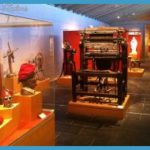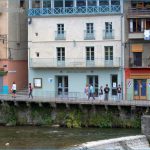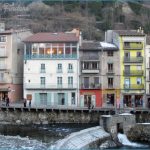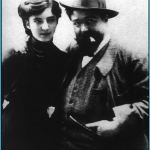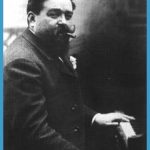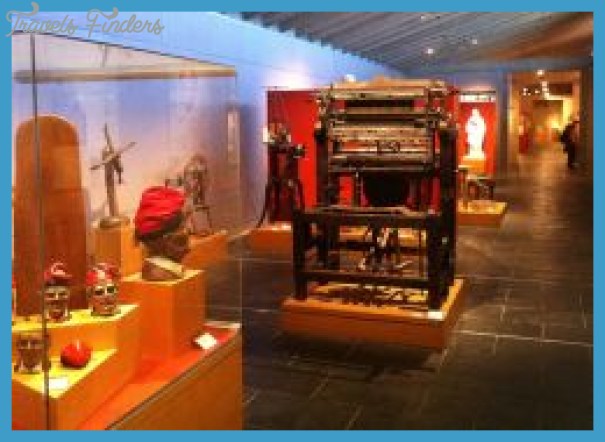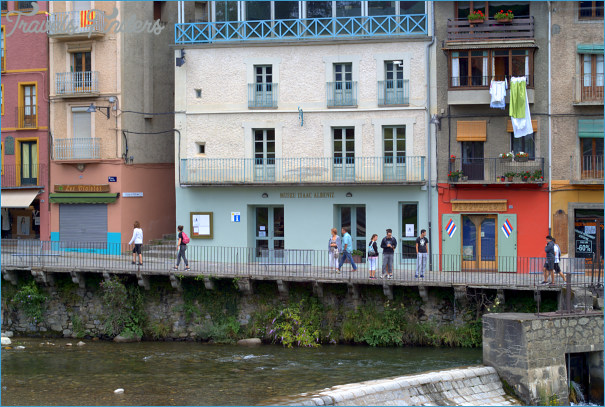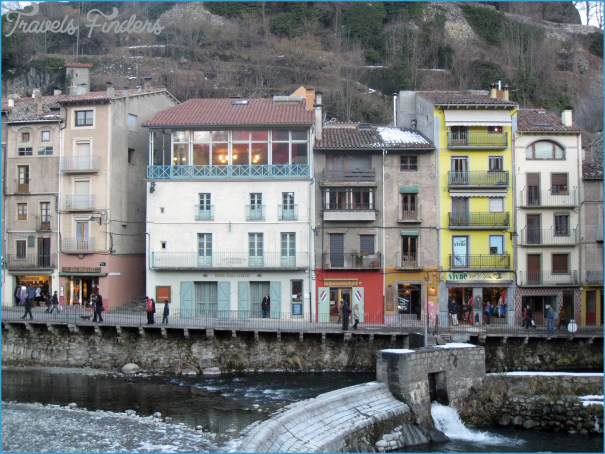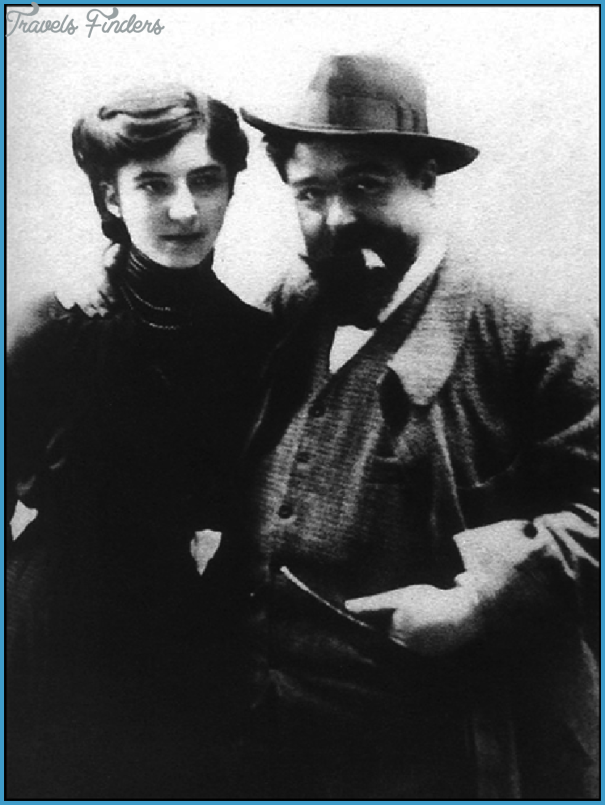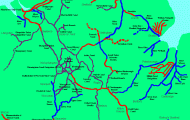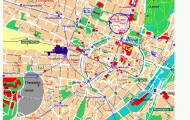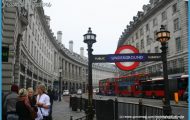Isaac Albeniz spent only his first two years in the small Pyrenean town of Camprodon, where in 1860 he was born: Barcelona, Madrid, Paris and Nice were his home cities during most of his brief life. But he retained his feeling for his native town, and asked to be buried there; in the event, after his death at Cambo-les-Bains in 1909, he was buried in Barcelona. Camprodon, some 120 km from Barcelona, hilly, attractive, with many old buildings and a large singlespan 12th-century bridge over the river Ter, remembers him with an annual festival, a plaque on the building on the site in the central Pla^a de l’Ajuntament of the house in which he was born, and with a museum, established in 1999 in a 16th-century building overlooking the Ter, close by the bridge.
Museu Isaac Albeniz Photo Gallery
Most of the contents of the museum came from the family, in particular Albeniz’s grandson in Barcelona. The main ground-floor room has a comprehensive display. The piano, the property of his sister Clementina, on which he learnt to play – he made his debut at the age of four, and entered the Paris Conservatoire at six – is there, as too is the Bechstein grand given to his daughter Enriqueta as a wedding present by Albeniz’s English patron and collaborator, the banker Francis Money-Coutts. Two cases show his baptism and first communion clothing, a bonnet, an embroidered velvet hat, a velvet cloak and his mother’s white gloves; another, the Quintet Albeniz and photocopies of his manuscripts; and several have sheet music and letters, some written by Albeniz but also one to him from Granados. On the walls are a portrait by Marques and a copy of one by Ramon Casas, along with many photos, some of them from his childhood, some with his own family, some with his patrons and pupils. His reading half-glasses, his pince-nez and his ivory letter opener are in a central case, with a collection of commemorative stamps.
There are two rooms upstairs. The larger front one is a bedroom, where his bed, part of a white and gold painted suite, has his monogrammed sheets; over the chairs are draped a black feather boa, a black lace scarf and a white lace jacket. The walls are lined with photos, and above the dressing-table is a portrait of Enriqueta by his other daughter Laura, a painter. In the rear room are several display cases, with more photos, recordings and sheet music, Albeniz’s own copies of the piano repertory and newspaper cuttings. It is all clearly labelled, in Catalan, Spanish, French and English.

